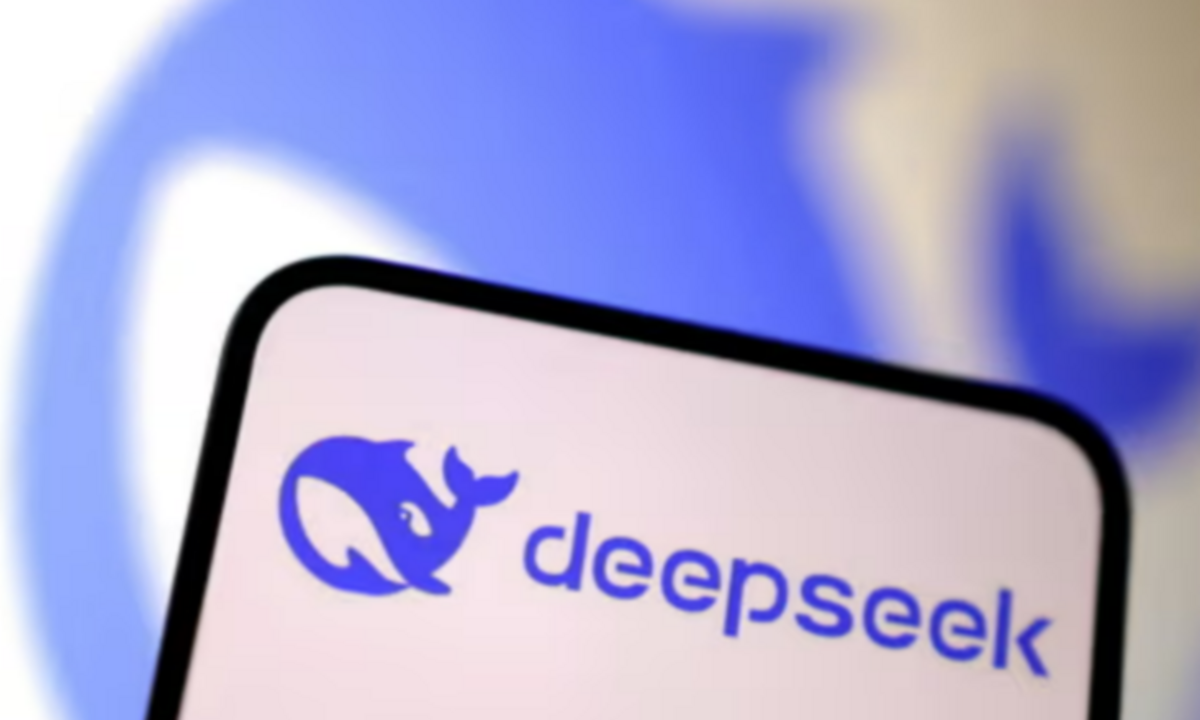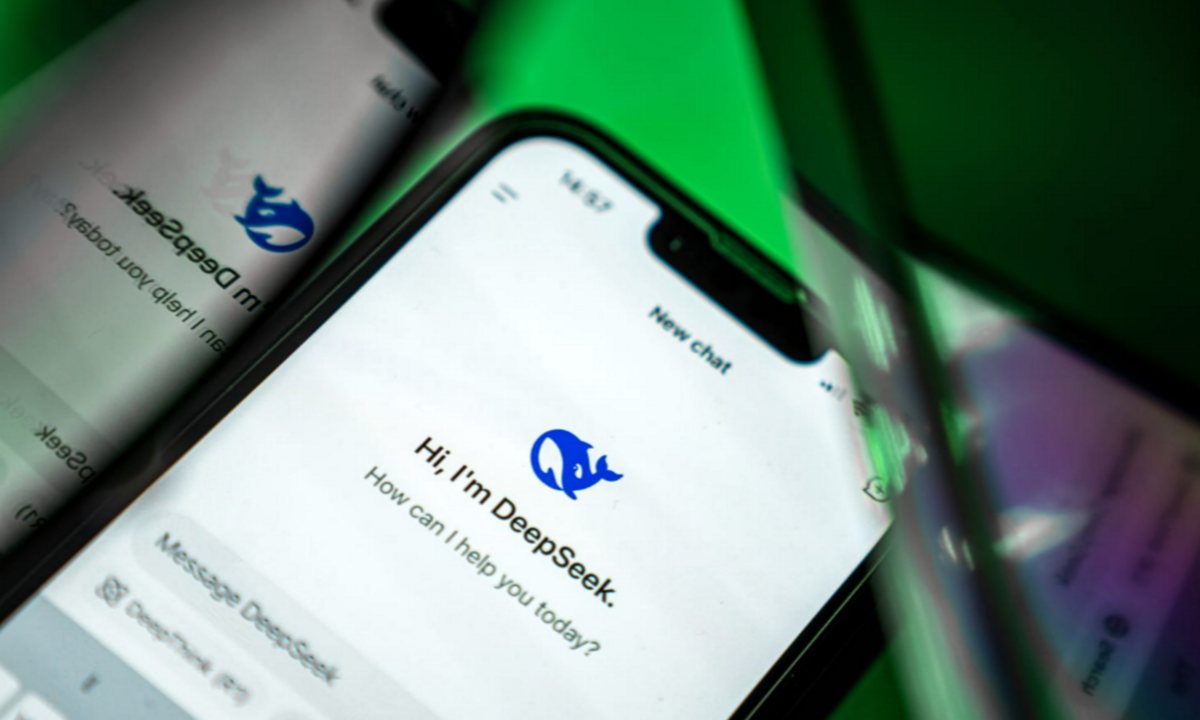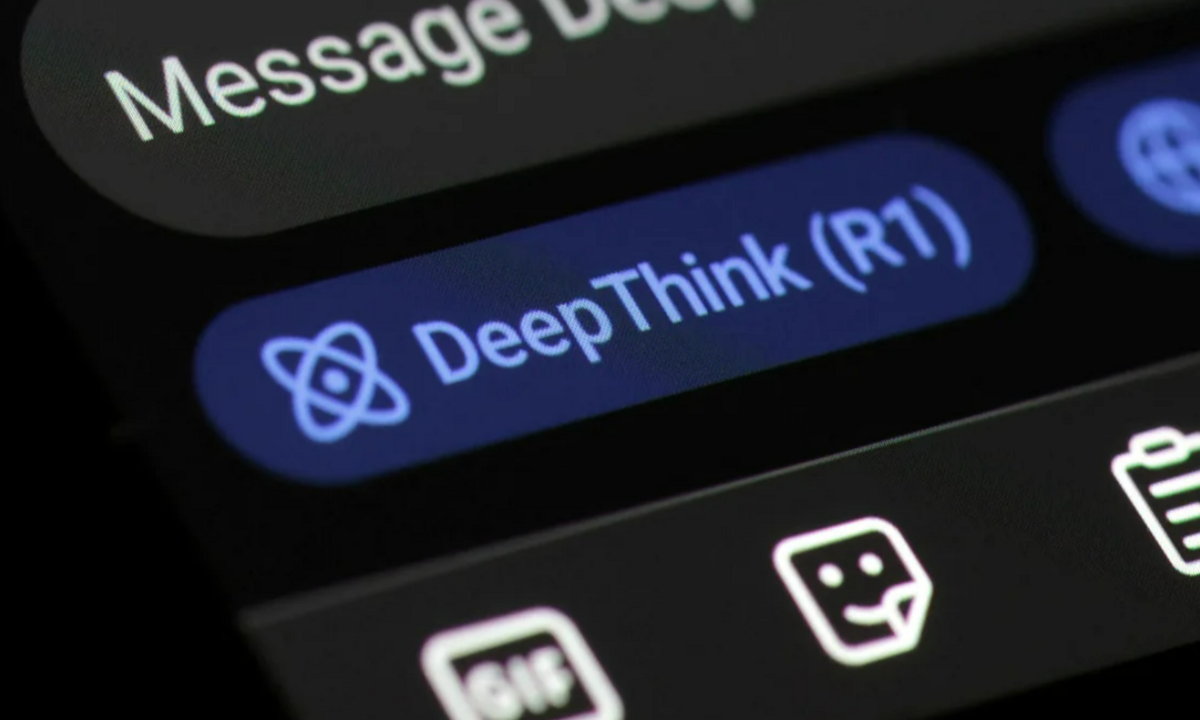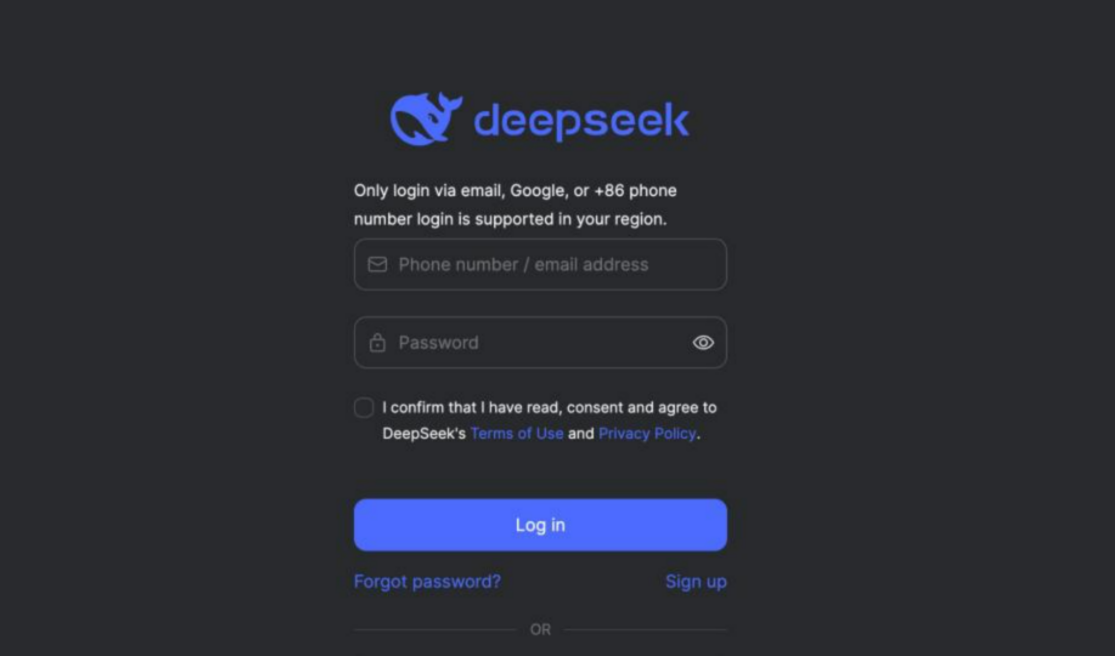Chinese artificial intelligence (AI) company DeepSeek is making waves in the global tech industry, challenging the dominance of U.S. firms and exposing gaps in American trade restrictions. Its innovative approach, cost-effective AI models, and rapid rise are sending shockwaves across stock markets and raising concerns in Washington.
DeepSeek’s Game-Changing Innovation
DeepSeek, a startup based in Hangzhou, China, has quickly become a key player in the AI landscape. Its AI models claim to deliver performance comparable to or better than U.S. leaders like OpenAI and Meta, but at a fraction of the cost.
The company recently introduced DeepSeek-V3 and DeepSeek-R1, two powerful models that have outperformed their competitors in several benchmarks. DeepSeek claims it trained its V3 model using just $6 million worth of Nvidia H800 chips, far less than the billions spent by U.S. firms on AI development.
Adding to its achievements, DeepSeek’s AI Assistant app has become the most downloaded free app in the U.S. App Store, overtaking popular platforms like ChatGPT. This success has highlighted the company’s potential to disrupt global tech giants and has forced analysts to rethink the future of AI competition.
Impact on U.S. Tech Giants
The emergence of DeepSeek has shaken confidence in the U.S. tech sector. Shares of major companies like Nvidia, Microsoft, Meta, and Google dropped significantly after DeepSeek’s announcement. Nvidia, in particular, experienced a historic single-day market loss of nearly 17%, amounting to $589 billion in value.
Investors are now questioning the massive investments made by U.S. companies in AI technology. The affordability and efficiency of DeepSeek’s models suggest that innovation at lower costs is possible, raising doubts about the sustainability of current spending trends.

Why DeepSeek Is Hard to Restrict
DeepSeek’s success has also highlighted the limitations of U.S. export controls on advanced technology. While Washington banned the sale of Nvidia’s high-end H100 chips to Chinese firms, DeepSeek managed to build its models using the less-powerful H800 chips before the ban was extended in late 2023.
DeepSeek relies heavily on open-source AI technology, making it even harder to regulate. Experts like Paul Triolo from Albright Stone Group have noted that restricting an open-source model is nearly impossible. Even if the U.S. government were to pressure companies like Apple and Google to remove DeepSeek’s app from their platforms, it would still be available on open-source repositories like GitHub.
Concerns Over National Security
U.S. lawmakers have called DeepSeek a “serious threat” to national security. Representative John Moolenaar, chair of the House Select Committee on China, has urged stronger export controls to prevent further advancements in Chinese AI technology.
Former President Donald Trump also weighed in, calling DeepSeek’s rise “a wake-up call” for American tech firms. While he praised the company’s cost-efficient approach, he stressed the importance of protecting U.S. interests. Trump suggested introducing higher tariffs to safeguard the country’s tech industry.
Who Is Behind DeepSeek?
DeepSeek is backed by Liang Wenfeng, co-founder of the Chinese hedge fund High-Flyer. Liang’s fund shifted its focus to AI in 2023, establishing DeepSeek as part of its goal to explore Artificial General Intelligence (AGI)—AI systems capable of performing most tasks better than humans.
High-Flyer has access to advanced chip clusters, including 10,000 Nvidia A100 chips, which have been crucial in training DeepSeek’s models. The company’s close ties to the Chinese government have also drawn attention, with founder Liang recently attending a symposium hosted by Chinese Premier Li Qiang. This suggests that DeepSeek is playing a role in China’s broader strategy to overcome U.S. trade restrictions and achieve self-sufficiency in AI and other strategic industries.
Global Implications of DeepSeek’s Rise
DeepSeek’s rapid growth has flipped the narrative about China’s position in the AI race. Until recently, Chinese firms struggled to match the capabilities of their U.S. counterparts. Now, DeepSeek has proven that Chinese innovation can compete on a global scale, both in terms of performance and cost.
However, the company’s rise has also raised concerns about the future of AI regulation. Some experts believe the U.S. needs to rethink its approach to export controls, focusing on long-term solutions to maintain its technological edge.
As DeepSeek continues to grow, it is clear that its success will have lasting effects on the global AI industry, challenging the dominance of U.S. firms and reshaping the future of AI innovation.
Disclaimer—Our team has checked this article to ensure its accuracy and eliminate any misinformation. We are committed to providing clear and reliable information for our readers.



